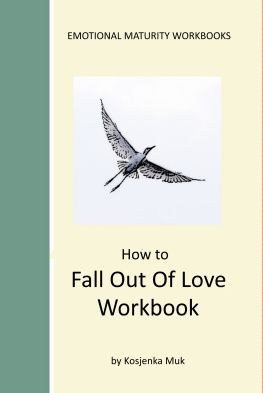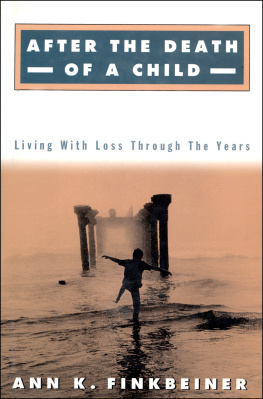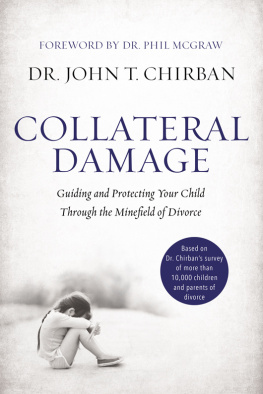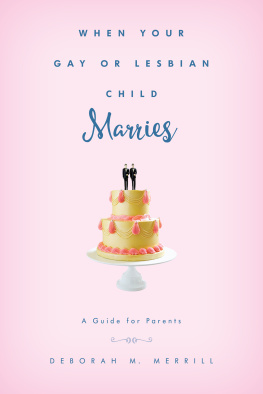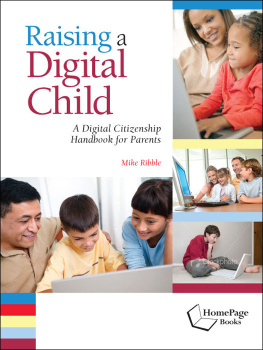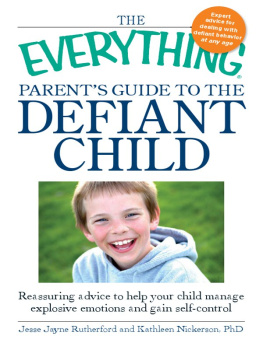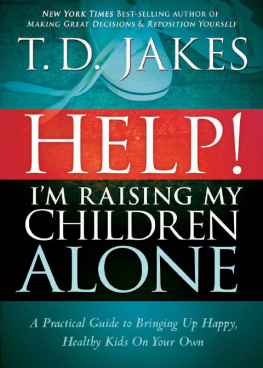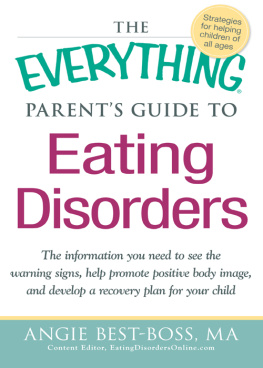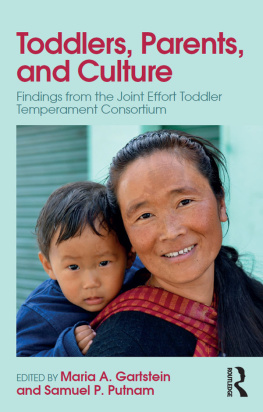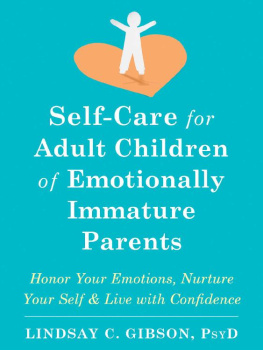How To Fall Out Of Love Workbook
Emotional Maturity Series
by Kosjenka Muk
Copyright: Kosjenka Muk, 2016
Some rights reserved. You may share this material in its original form and use parts of it for non-commercial purposes. You are required to give appropriate credit and provide a link to the author's web-site if using this material. ( http://www.mentor-coach.eu )
Books in Emotional Maturity series
Emotional Maturity in Everyday Life (e-book and paperback)
Resolve Anger Workbook (free to download and share)
Resolve Jealousy Workbook
Resolve Fear Workbook
Resolve Shame And Guilt Workbook
How to Fall Out of Love Workbook
Mature Parenting Workbook
Also by the same author: many articles on http://www.mentor-coach.eu
Introduction
If you want to fall out of love with somebody, you are already aware of either mutual incompatibility, or, more likely, of the other person's toxic behavior that causes you pain. Incompatibility can often be resolved (or the relationship peacefully ended) if people are otherwise motivated, considerate and mature; toxic behavior usually persists no matter how much you might hope otherwise.
There is no other adult relationship in which the depth and strength of our needs, imprints and beliefs from childhood become so obvious and so strong, so persistent and so overwhelming, so resistant to both willpower and rational point of view.
The explanation is in understanding that a big part of what we call loving feelings is nothing but surfacing of the deepest, earliest memories which are the foundation of unresolved inner conflicts. We go through our lives constantly seeking for resolution of those conflicts, even if unconsciously.
Perhaps you will recognize that there are particular types of personality and behavior that you feel attracted to, even if they are problematic. Perhaps outer circumstances and behavior will not be obviously similar among your different partners through life, but you can recognize the patterns repeating in the way you feel inside, and in the development of a relationship. Love relationships are the key triggers of our toxic patterns, as well as the most important opportunity for healing.
This is not a book about fixing relationships. There are plenty of such books around. This book is for those of you who already tried your best many times and were met with pain and disappointment. This is a book for those who know in their hearts that their current relationships are not healthy for them, but still feel bonded. We will explore where your attraction and your bonds come from, how to resolve them and how to support yourself through the crisis of separation.
Will (s)he ever change?
Quite a few people in problematic relationships ask me this, hoping that I would give them encouraging answers. My job is then, usually, to gently put their feet back to the ground. While some people might earnestly attempt to change their toxic behavioral habits in moments of crisis, they will generally lose motivation as soon as the crisis is over . This explains typical behavior pattern of abusers: if their partners threaten to leave, they will suddenly appear to change: they will cry, apologize, show love and appreciation and promise to behave differently in future. Yet as soon as they feel the relationship is relatively stable again, they will fall back to abusive behavior.
I think that one of our biological traits as living beings is laziness or, at least, an urge to spend minimum energy possible whenever any kind of effort is required. That makes biological sense most of our history was spent in continuous struggle to survive, when energy had to be used rationally. Biology will motivate us to invest more energy into activities that are more likely to ensure physical security or sexual opportunities and sometimes such activities can be quite complex and seemingly unrelated to their most basic goals.
However, if our instincts perceive certain efforts to be less likely to give immediate results in terms of physical rewards, or if our subconscious minds perceive a goal to be already achieved, our bodies will try to motivate us to conserve energy and to avoid extra effort . Self-improvement, regretfully, often falls into this "extra effort" category.
Do I claim that nothing can change in relationships? Certainly not, but a person needs to be compassionate, self-aware and motivated to change and invest into a partnership before a crisis occurs. If your partner listens to your objections thoughtfully, if (s)he considers them and is willing to discuss them, there is a chance (although, in that case, you probably wouldn't be reading this book). However, if (s)he dismisses your words quickly, or replies with blame or worse; if (s)he only considers change when you announce that you are leaving... then the chances are next to nothing.
Consider also if you perceive your partner's faults as faults of behavior or faults of character . It's not always easy to distinguish between the two. What I call "character faults" are usually behaviors that are based on strong, lasting personality traits and shallow values that are unlikely to change. "Behavior faults" are more like simple habits; behaviors that people learn during the course of their lives, perhaps for lack of a better model, but are not a representation of one's important values and emotional structure. Such faults are easier to change and people normally don't have too many objections against changing them.
The myth of unconditional love: when you are a parent replacement
If an abusive partner manages to convince you to stay with promises of change, usually within days his or her behavior will be back to what it was before: perhaps insults, lies, undermining your self-confidence, or even physical violence. After a while, you might decide its enough and try to leave again. The abuser is again devastated. And so the cycle can continue for years sometimes for decades.
Does this sound familiar? Something important to understand if you are in such a relationship, is that if your partner sees you as a parent substitute, as soon as the relationship is safe and back to routine, (s)he will continue to take you for granted . The normal attitude of a child towards parents is to take the parents for granted unless parents threaten to leave (or actually leave, because of divorce, illness or similar). An emotionally childish person will act in the same way towards an intimate partner.
A childish partner might expect you to behave like a perfect, idealized parent to fulfill and even anticipate anything they might desire, while allowing them to do whatever they want regardless of your own desires and needs.
In the same time, they might vent at you all the anger and resentment they felt for their own parents , but didnt feel safe to express to them. (Its quite common to express our unresolved emotions from past towards people we feel safest with. Sometimes the target becomes the intimate partner sometimes ones own children.)
Such childish people might defend their behavior with the idea of unconditional love, meaning that YOU should love THEM as they are (but they are not willing to give the same in return). This is again the kind of love a parent would give to a child. Its normal and healthy for parents not to expect their child to share their responsibilities, or to give something in return for their gifts and efforts. But this is NOT a healthy partnership of two adult people, especially if they plan to have children. Adult partnership requires balance and mutual effort.

